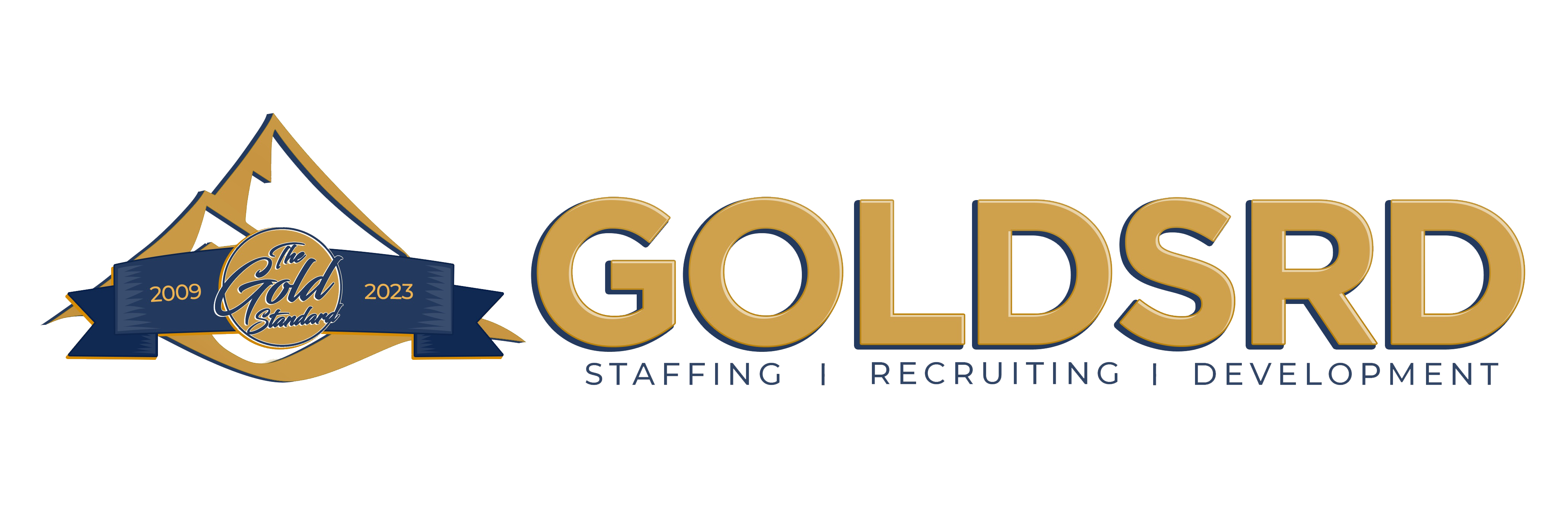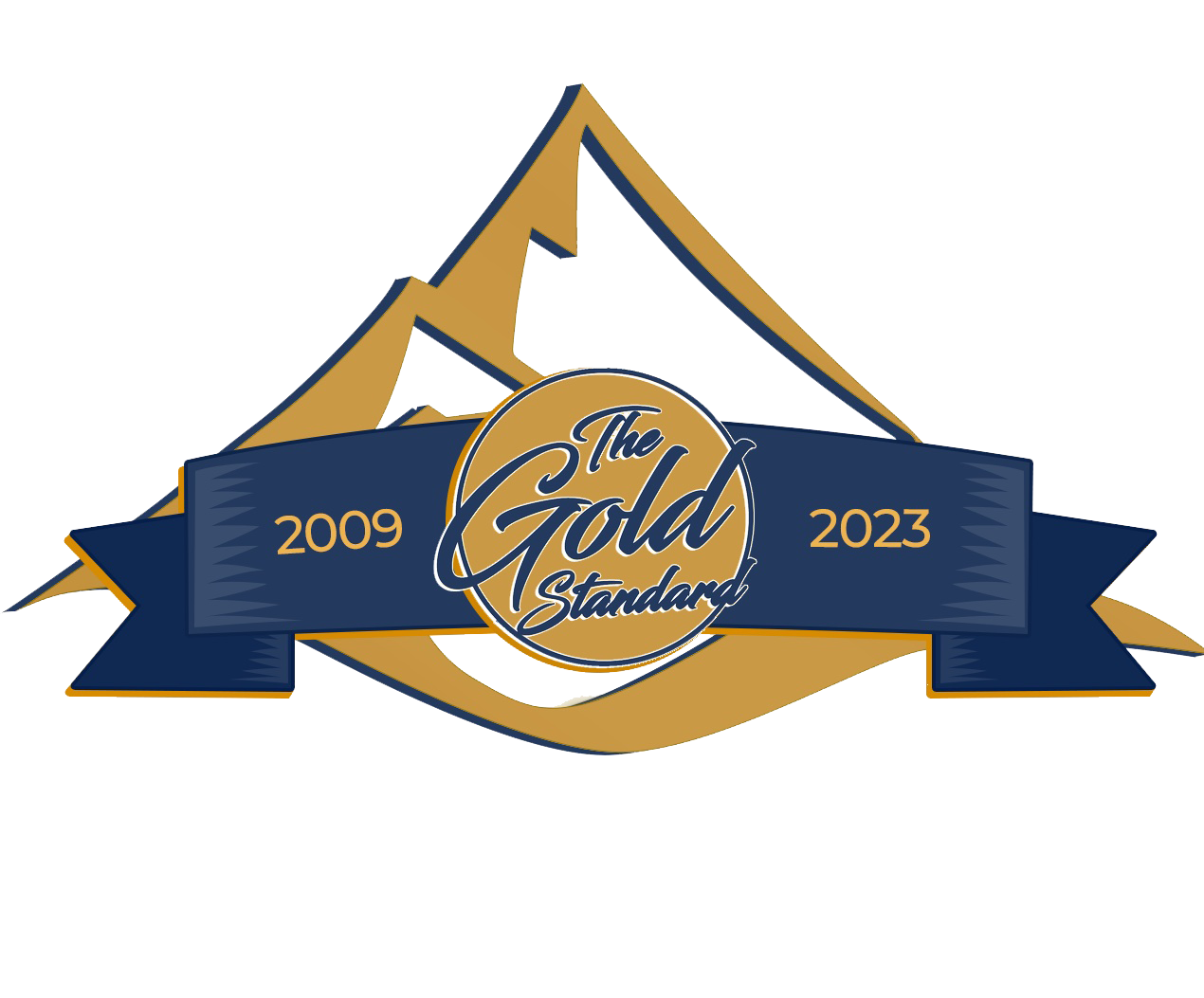Internal Audit Best Practices and Fundamental Principles
Seminar Overview
A Crash Course on the best practices internal audit has to offer
Based on Danny M. Goldberg’s professional commentary on the Bureau of National Affairs Practice Series Internal Audit Best Practices and Fundamental Practices (authored by legendary audit scholars Curtis C. Verschoor and Mort A. Dittenhofer, co-author of Sawyer’s Internal Auditing), this two-day seminar will take you through emerging trends and techniques in the internal audit world.
Attendees should learn about real-world training and concepts they can apply in their department immediately
Who Should Attend
Financial, Operational, and Information Technology Auditors with any amount of experience.
Objectives
- Overview of general best practices throughout the internal audit processes to compare to what attendees are currently applying in their organization
- Integration of all risk assessment processes, including the ERA, ARA, ITRA and FRA
- General watch outs for auditors regarding fraud red flags
- How to write an effective audit report (generally)
Agenda
I. Introduction and Background
II. Audit Risk Assessment
a. IIA Standards
b. What is an Audit Risk Assessment?
c. How does the ARA integrate with the ERM?
III. Fieldwork Best Practices
a. Managing the audit engagement
b. Audit Testing
c. Audit Evidence
d. Constructing Workpapers
e. Workpaper Review
f. Fieldwork Methodologies
IV. Audit Report Writing
a. Auditor Guidance
b. Audit Report Structure
c. Executive Summary Components
d. Observation Components
e. Other Sections of Audit Observations
f. Report Optimization
V. Audit Follow Up
VI. Optimization Audit Best Practices
a. Optimization Assessment
b. Documenting Understanding
c. Segregation of Duties
VII. Control Best Practices
a. COSO
b. What are Internal Controls?
VIII. Integrated Auditing
a. Audit Process Similarities
b. Elements of Preliminary Work
IX. Fraud Red Flags
X. Optimized Communications
XI. Audit Interviewing
XII. Practical Ethics
a. What is Ethics?
b. Key Influences on Ethical Behavior
c. Four Methods to Resolve Ethical Dilemmas

